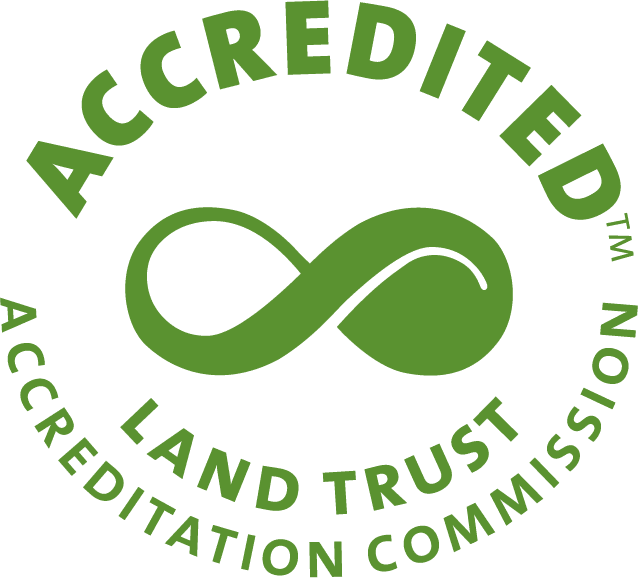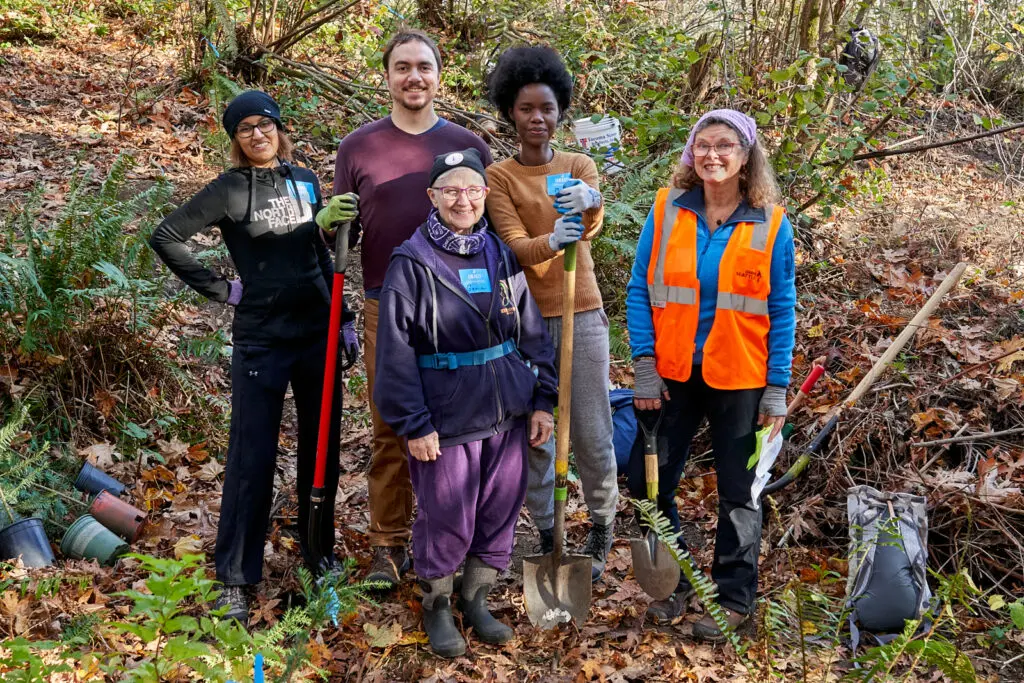1/13/23
Today I announced programmatic changes and a strategic repositioning at Forterra. This organizational move prioritizes innovative and landscape scale approaches and centers Forterra where Forterra is best suited to contribute. These changes also come with some hard news as this repositioning necessitates a staff reduction of four team members. We also will redeploy some staff to other departments within the organization.
I want to provide some greater context around this decision.
Overview of Factors
Last year Forterra faced some very difficult challenges. The way in which Forterra operates and conducts itself was brought into question. The executive leadership team (ELT) and the Forterra NW Board strove to meet this challenge head on. We took a hard look internally at how we operate, how we show up as an organization and as a partner, and how we commit to ourselves and our community. I realize how difficult that was for our staff, partners and Forterra supporters. I’ve appreciated the commitment to Forterra and its mission as together we moved forward with resolve.
Forterra has worked to advance a strategic approach responsive to these challenges and rooted in meeting Forterra’s 2022-2024 Strategic Plan Goals. Forterra’s Executive Leadership Team, the Forterra NW Board, with additional information from the Pulse Task Forces, conversations with staff and a comprehensive program evaluation, identified areas where Forterra can uniquely contribute for the greatest impact. We then evaluated our existing business models and projects from a vision, mission and values-based perspective and alignment with Forterra’s Strategic Plan. This management decision was presented to the Forterra NW Board of Directors.
We’ve also looked at our business models, staffing needs, existing and potential revenue support across the organization and will be taking steps to increase efficiency and streamline operations.
Based on that evaluation Forterra made the following programmatic changes.
· Reimagining our role in the Green Cities Network. This program began in 2004 partnering with the City of Seattle, to mobilize volunteers to remove invasive plants and restore urban parks. The program expanded to 14 cities across the region. Over time, many participating cities have brought the program “in-house,” making Forterra’s role in these programs less pivotal. We have made the strategic decision to phase out our field-based participation in cities’ programs knowing that Green Cities will continue to flourish with the growing support and involvement of their communities. Forterra will remain an active partner in the Green Cities Network and continue to work with cities throughout the region on advocating for resources and community-based solutions that advance healthy local forests.
· Closing out Riparian Restoration. This field-based program was launched in 2010 to bolster riparian habitat along the Cedar River which provides the water supply for Seattle and the surrounding communities, and critical salmon habitat of great importance to the Muckleshoot Indian Tribe, among other Tribes and people. Our work along the Cedar and other rivers, provided ‘proof of concept’ on this direct approach. Over time, Forterra’s role has been taken up by local organizations which specialized in watersheds in their own communities as well as county governments. We began winding down and handing off projects as it became apparent that local organizations are better equipped to mobilize and form long-term relationships with landowners and their own communities. In 2023 Forterra will explore new ways to contribute to watershed health based on the recommendations from our recent Pulse Task Force on Scaling Restoration to Landscape Scale.
· Reduction and refocus of Community Development. Within the last several years, Forterra initiated a comprehensive effort to build sustainable solutions to the acute housing shortage in our region, especially in overburdened urban and rural communities. Due to key staff departures and other changed circumstances, Forterra decided to reduce its involvement in the actual development and construction process and will lean into Forterra’s expertise in land acquisition and entitlement. We will continue to work closely with communities to ensure every Forterra project meet local needs.
Looking Ahead
These changes, while hard, allows Forterra to lean into our expertise in land-based work – land conservation and stewardship, policy and community programming, and community development – to help ensure that our communities are thriving environmentally, socially and economically. These changes, above all, are an invitation to think differently—and more strategically—about our work.
While the changes today are difficult, we believe these decisions, and the consequent programmatic restructuring, prepare us to take on the future. We are committed to doing the hard work of moving forward together.
Sincerely,
Michelle Connor, President and CEO




